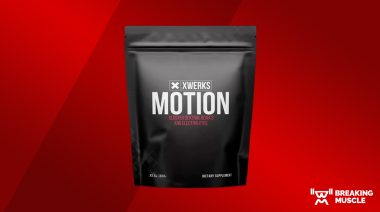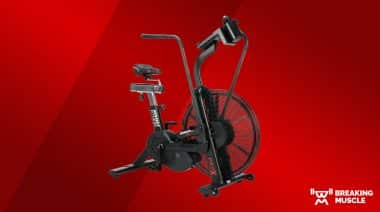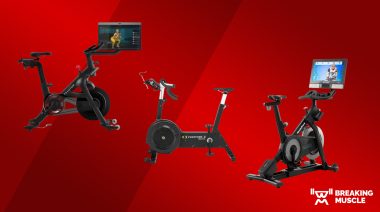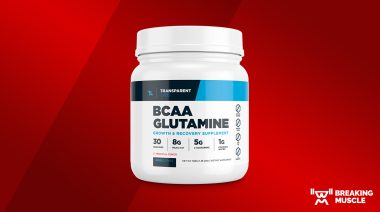“What you need to do is get that tape measure out, and start measuring that gut. Then you start working out and you start eating properly til that gut gets down close to it was when you were in your twenties. Then you’ll find out what your weight should be.” – Jack LaLanne
I’m all in agreement with the Godfather of Fitness, Jack LaLanne. Measuring progress is a necessary component of fitness in many respects, not just the gut check. I can’t tell you how many times I’ve heard guys ask each other, “What do you bench?” For some odd reason, women typically aren’t as concerned about bench press prowess.
For most of the people I work with, measuring food is a key component of achieving their fitness goals. I’m not just talking about calories but macronutrients and micronutrients as well. Often we have no idea if we’re meeting the minimum recommended daily allowances (RDAs) of vitamins and minerals unless we’re throwing back a bunch of supplements.
It is my belief that we should get the majority of our nutrients from food. I get that sometimes it’s hard to do given caloric restrictions and the quality of food available, but that is my preference because I don’t think it’s just vitamin C tablet but the entire orange that should be consumed for all of it’s benefits (water, fiber, folate, potassium, magnesium, and other trace vitamins and minerals).
To help with measuring food intake, an online calorie counter is my first line of defense when I begin working with clients. There are tons of free options to choose from, too. My preference for some time has been FitDay.com. This site is fantastic with a huge food database and an easy way to plug in custom foods. You can also track your activity for the day with another large database of sports, home, leisure, and office-based movement with varying intensity. An online journal allows you to write about your progress and another tab allows you to track your body measurements and even your moods (which I believe is extremely helpful when it comes to stress-eaters).
Now all those features are great but it’s not going to fill out itself. You have to actually plug in the food and it’s a pain to have to break up a sandwich or a salad into its individual components (1 piece of lettuce, 2 pieces of wheat bread, 2 oz of sliced baked turkey, 1 tsp of mayo, etc.). Another drawback is that FitDay doesn’t include a smart phone app for Android, only iPhone.
Another client recently introduced me to CRON-O-Meter which DOES include both Apple and Android apps for easy recording throughout the day. It also tracks your water intake, which is another helpful feature. I think smart phone apps are best because they eliminate some of the input error if you’re trying to remember at the end of the day all the food you’ve eaten once you sit down at the computer.
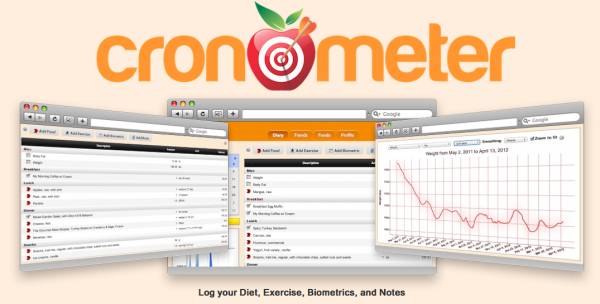
Whatever application you use, be sure that the calorie counter includes vitamin and mineral breakdowns in your food as well. Do I really have to say it’s not just about calories at this point? I’m sure most people understand the value of RDA requirements. Who knows what little micronutrient could be bottlenecking your progress? Make sure you can track more than just fat, protein, carbs, and calories although at least it’s better than nothing if that’s all you’ve got.
So where do you start? I love my clients to continue to use the program daily, but to begin with I suggest tracking two workdays and one weekend or “off” day. Our food doesn’t often vary much so three days is a great place to start when tracking calories and nutrients. I find most people are lacking in calcium, potassium, and magnesium on a daily basis and they don’t believe me until they plug in their food for a few days. (Do you ever get cramps during your workout or at night? That problem is usually a nutrient deficiency and easily fixable with a little knowledge of your food intake.)
You might be low on other nutrients, too, in which case you’ll find that out as well. For example, I’m usually a little low on iron. Many women have the same problem and are walking around slightly anemic and are questioning why they’re so tired all the time.
Free online calorie counters or smart phone apps can be a great tool in your fitness arsenal. Do you have one you use? Let me know your favorite one in the comments below.

